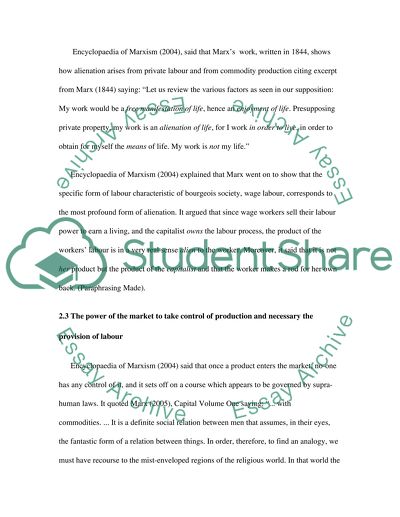Cite this document
(What Are the Links Between Class and Alienation According to Marx Case Study, n.d.)
What Are the Links Between Class and Alienation According to Marx Case Study. Retrieved from https://studentshare.org/philosophy/1538016-what-are-the-links-between-class-and-alienation-according-to-marx
What Are the Links Between Class and Alienation According to Marx Case Study. Retrieved from https://studentshare.org/philosophy/1538016-what-are-the-links-between-class-and-alienation-according-to-marx
(What Are the Links Between Class and Alienation According to Marx Case Study)
What Are the Links Between Class and Alienation According to Marx Case Study. https://studentshare.org/philosophy/1538016-what-are-the-links-between-class-and-alienation-according-to-marx.
What Are the Links Between Class and Alienation According to Marx Case Study. https://studentshare.org/philosophy/1538016-what-are-the-links-between-class-and-alienation-according-to-marx.
“What Are the Links Between Class and Alienation According to Marx Case Study”. https://studentshare.org/philosophy/1538016-what-are-the-links-between-class-and-alienation-according-to-marx.


